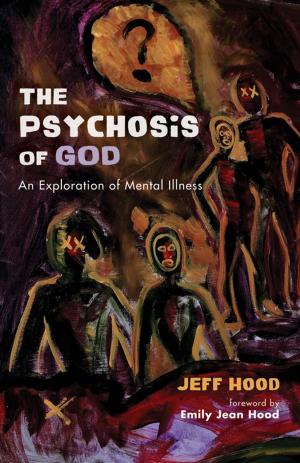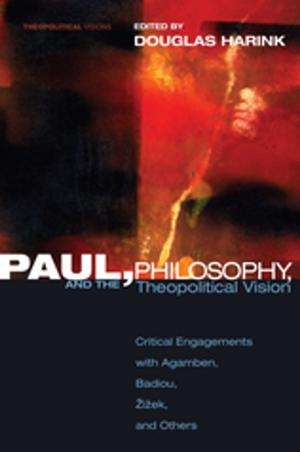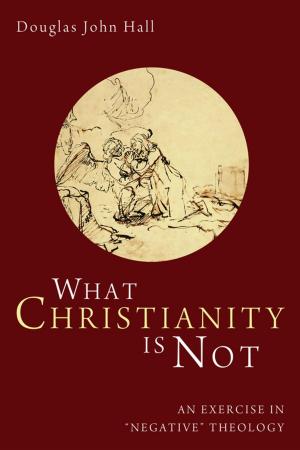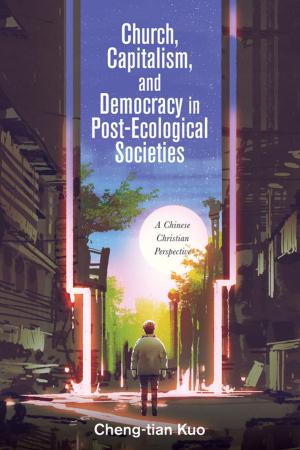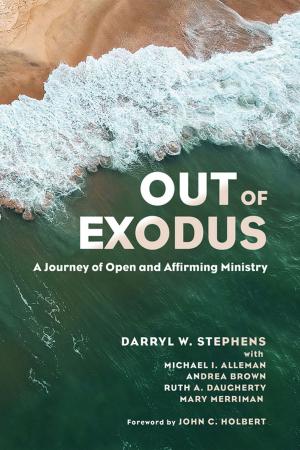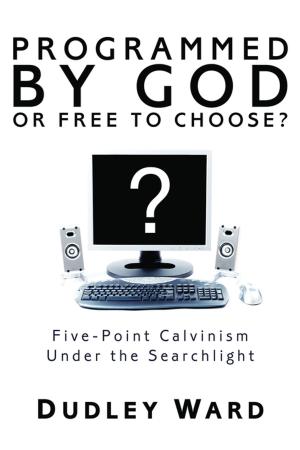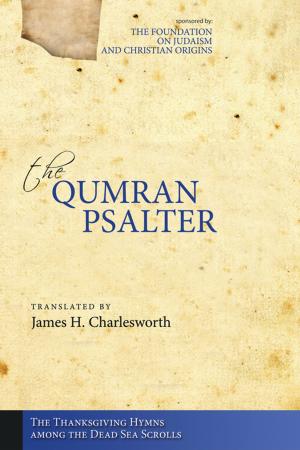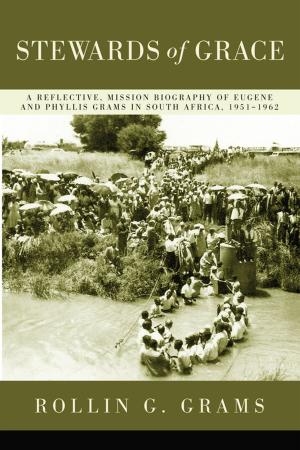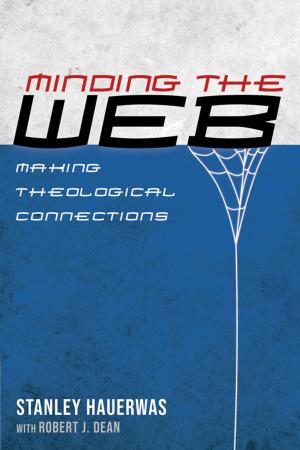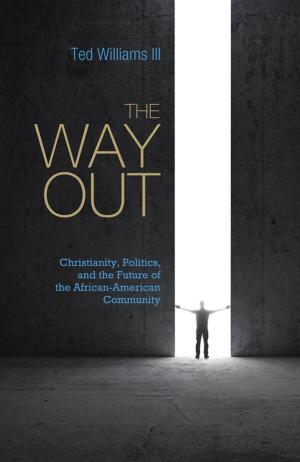Postcolonial Public Theology
Faith, Scientific Rationality, and Prophetic Dialogue
Nonfiction, Religion & Spirituality| Author: | Paul S. Chung | ISBN: | 9781498273701 |
| Publisher: | Wipf and Stock Publishers | Publication: | February 2, 2016 |
| Imprint: | Cascade Books | Language: | English |
| Author: | Paul S. Chung |
| ISBN: | 9781498273701 |
| Publisher: | Wipf and Stock Publishers |
| Publication: | February 2, 2016 |
| Imprint: | Cascade Books |
| Language: | English |
Postcolonial Public Theology is a tour de force--theological reflection transformed by encounter with the most compelling intellectual discourses of our time. It offers prophetic challenge to the hegemony of economic globalization. Evolutionary science's encounter with life's limit questions requires an ethically responsible practice of scientific rationality, measured by sufficient, sustainable livelihood for all. Interreligious engagement compels us to take seriously the realities of cultural hybridity and social location in reimagining a polycentric Christianity. Postcolonial Public Theology makes the case for public theology to turn toward postcolonial imagination, demonstrating a fresh rethinking of public and global issues that continue to emerge in the aftermath of colonialism. This book provides students and scholars in these various fields an interesting framework from which to continue to dialogue about the relevance of this literature and, in particular, the continuing importance of Christian theology in the public arena.
Postcolonial Public Theology is a tour de force--theological reflection transformed by encounter with the most compelling intellectual discourses of our time. It offers prophetic challenge to the hegemony of economic globalization. Evolutionary science's encounter with life's limit questions requires an ethically responsible practice of scientific rationality, measured by sufficient, sustainable livelihood for all. Interreligious engagement compels us to take seriously the realities of cultural hybridity and social location in reimagining a polycentric Christianity. Postcolonial Public Theology makes the case for public theology to turn toward postcolonial imagination, demonstrating a fresh rethinking of public and global issues that continue to emerge in the aftermath of colonialism. This book provides students and scholars in these various fields an interesting framework from which to continue to dialogue about the relevance of this literature and, in particular, the continuing importance of Christian theology in the public arena.

